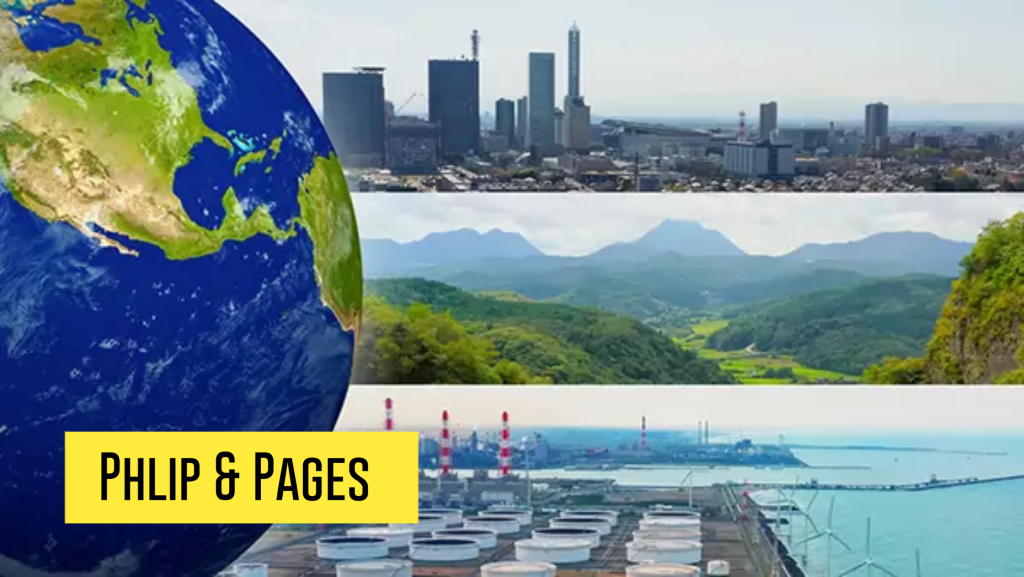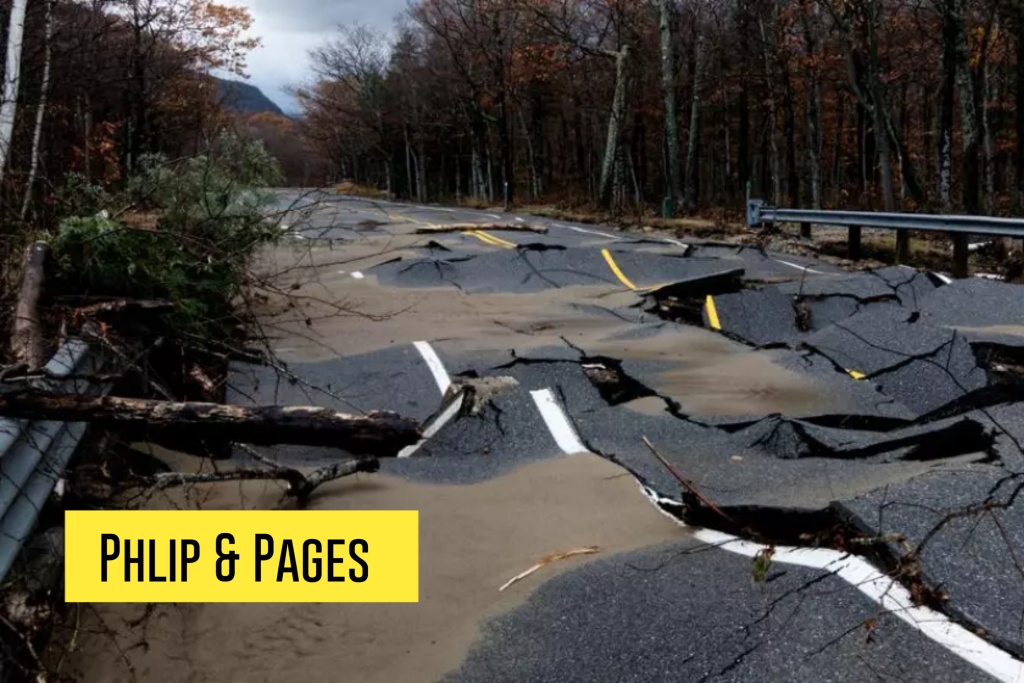Climate change poses significant challenges to the African economy across multiple dimensions

Agriculture
Many African economies heavily rely on agriculture, which is highly sensitive to climate variability. Shifts in rainfall patterns, increased frequency of droughts or floods, and rising temperatures can reduce crop yields, threaten food security, and impact rural livelihoods.
Health

Climate change can exacerbate health issues through the spread of vector-borne diseases (like malaria and dengue fever) and heat-related illnesses. Poor health outcomes strain healthcare systems and reduce productivity.
Water Resources

Changes in precipitation patterns affect water availability for agriculture, industry, and domestic use. This can lead to water stress, competition over water resources, and increased costs for irrigation and water management.
Infrastructure

Extreme weather events such as storms, floods, and cyclones can damage infrastructure (roads, bridges, buildings), disrupt transport networks, and cause economic losses. Rebuilding after such events diverts resources from development initiatives.
Tourism

Many African countries rely on tourism as a significant source of income. Climate change impacts, such as coral bleaching in marine reserves or altered wildlife habitats, can reduce tourism revenues.
Conflict and Migration
Climate change-induced resource scarcity (water and agricultural land) can exacerbate tensions and lead to conflicts over scarce resources. Additionally, climate-related
Conclusion
Climate change severely impacts Africa’s economy by reducing agricultural yields, straining water resources, and increasing health issues. Infrastructure damage and declining tourism further hamper growth. Resource scarcity leads to conflicts and migration, while energy production, especially hydropower, is disrupted. Coordinated efforts are essential to enhance resilience and sustainable development.
















